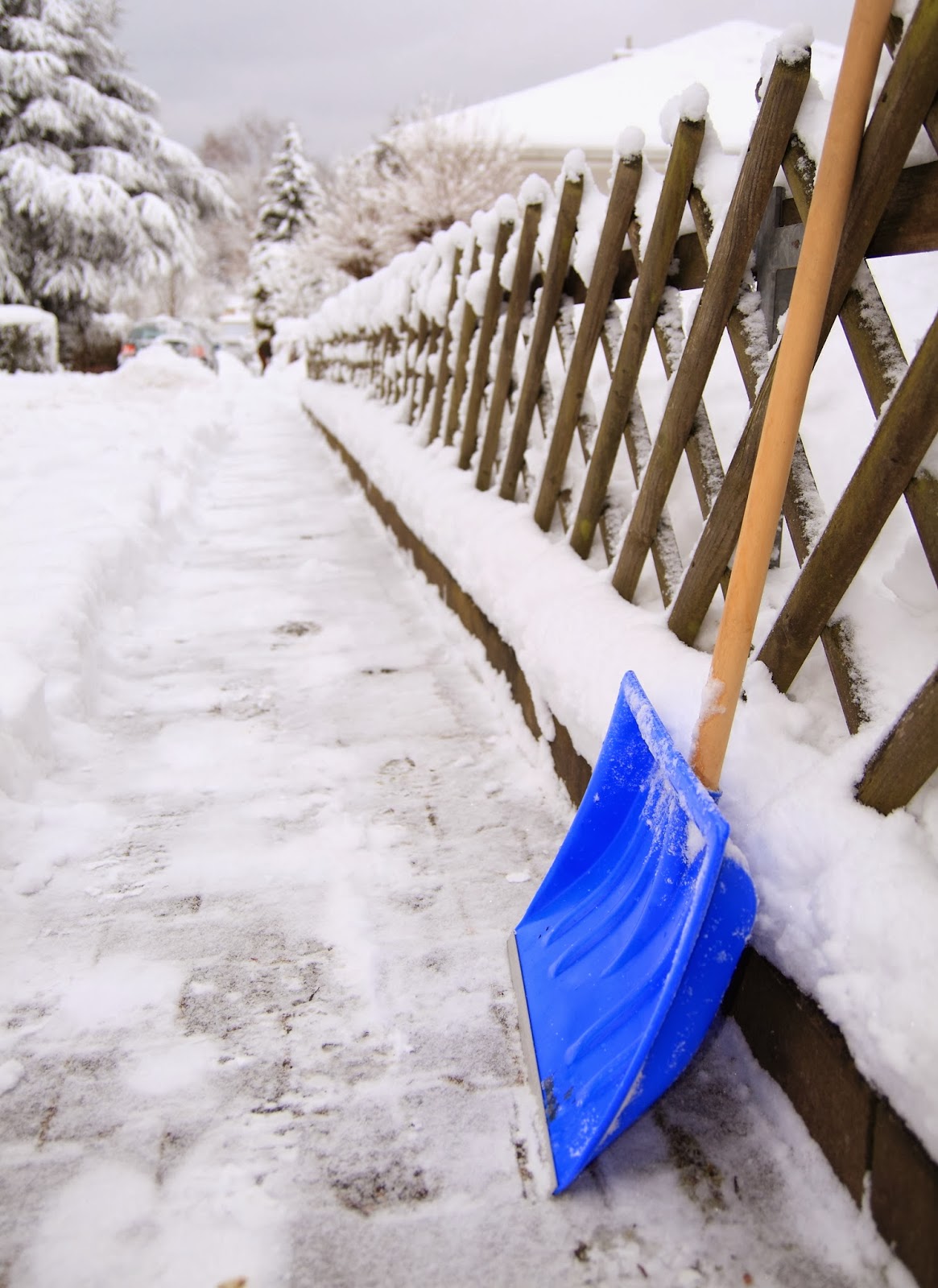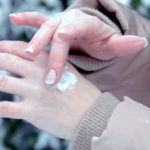It might not technically be winter just yet, but it sure feels like it with the wintry mix of snow and ice that’s pelting western Pennsylvania. And doctors say it’s just that kind of weather that usually results in more people ending up at UPMC emergency departments.
“We will see cuts, bruises, broken bones and heart attacks after a winter storm,” says Jon Rittenberger, M.D., attending emergency physician at UPMC Presbyterian.
Each year, nearly 11,000 people in the U.S. are injured while shoveling snow. Many of them suffer heart attacks. Most are middle-aged, but many are even younger. Cold weather and exertion can be rough on the body, especially for those who have a history of cardiac trouble and rarely exercise.
“The upper body workout of shoveling snow is stressful on the heart and can lead to a heart attack. Cold air can trigger asthma attacks. It’s important to take your time and take breaks. There’s no need to shovel the entire driveway in a few minutes,” Dr. Rittenberger said.
Even those who exercise regularly need to be careful when shoveling. When snow is on the horizon, people go to the stores and get prepared by stocking up on food and supplies, but they forget to take care of themselves. Stretch out and get prepared as you would for any other workout.
“You warm up at the gym before a workout, but people tend to dive right in to shovel snow,” Dr. Rittenberger said.
He suggests the following tips to avoid injury during bad weather:
- Don’t pile too much snow on the shovel when shoveling. Snow is heavy and lifting too much can put undue stress on your heart – not to mention your back.
- Drink plenty of fluids. Most would not think of dehydration during winter, but loss of fluids during exercise or play in cold conditions can accelerate hypothermia.
- Before exposure to freezing temperatures, bundle in warm, layered and loose-fitting clothing, making sure to protect the head, face, hands and feet. Be sure to stay dry since wet clothing or skin can increase your frostbite risk. If possible, go inside periodically to warm up.
- Avoid drinking alcohol before or during exposure to cold weather since alcohol may prevent you from realizing that your body is becoming too cold.








